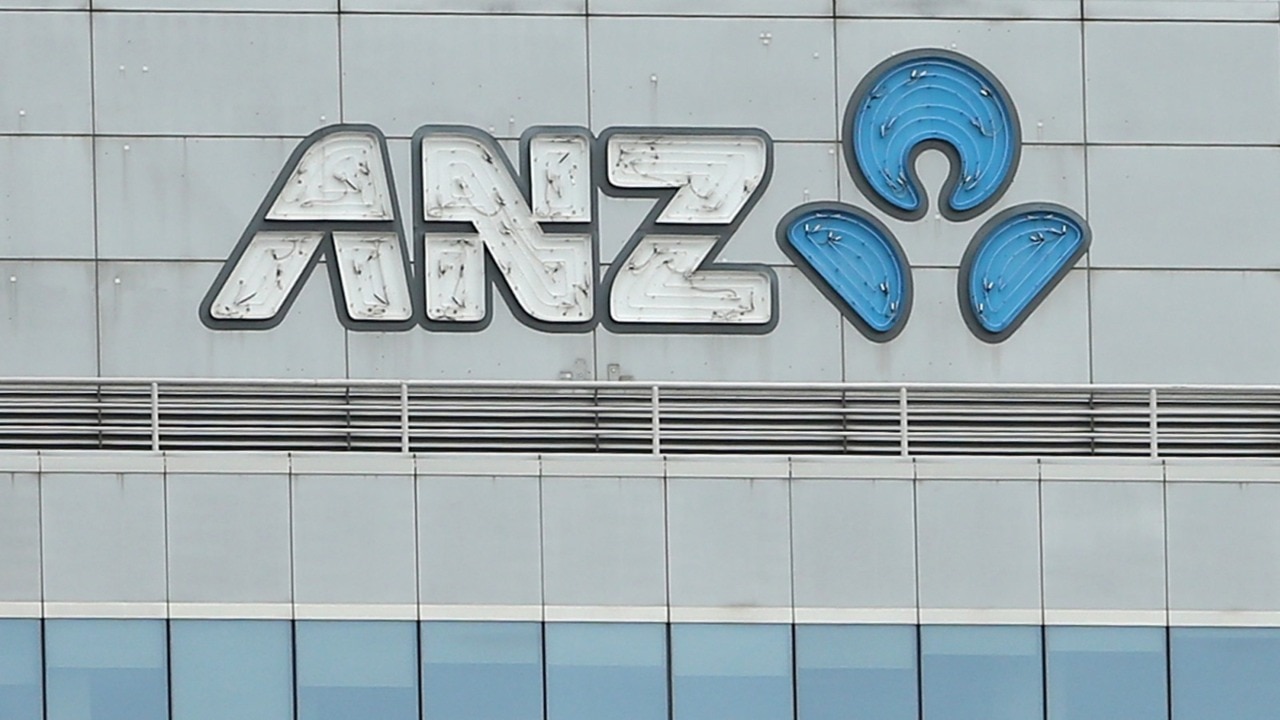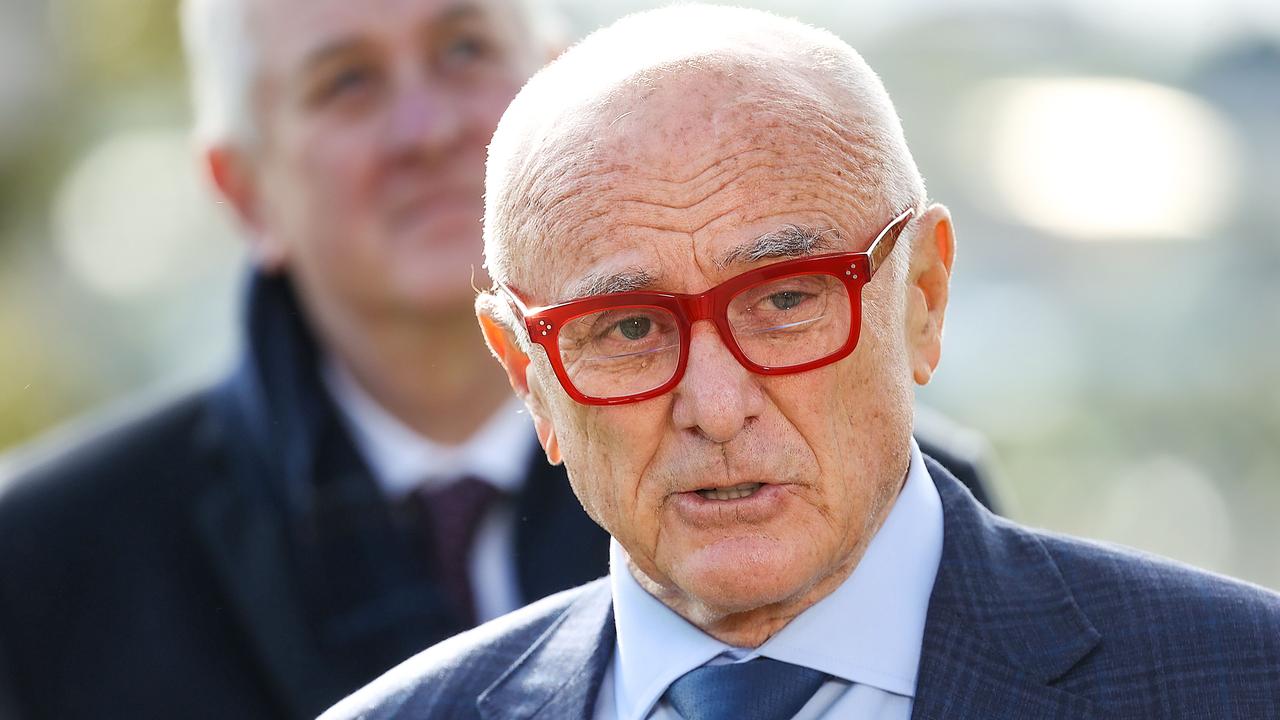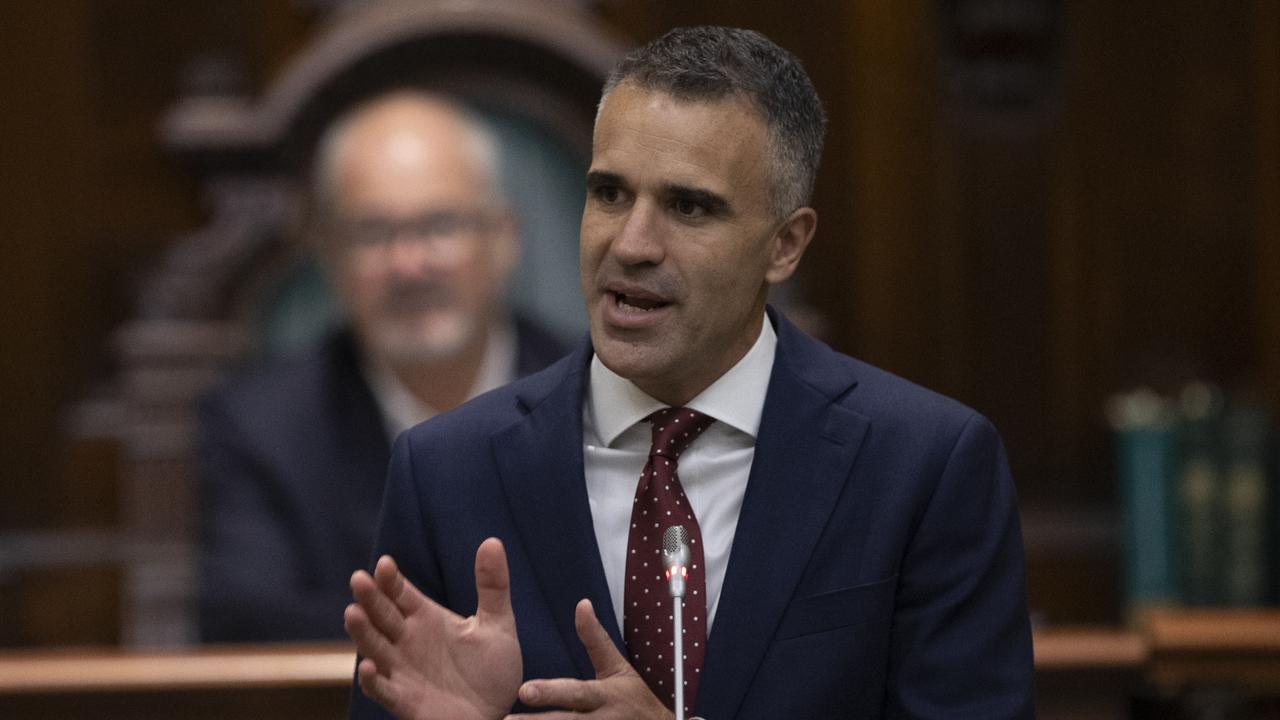ACCC right to stop Suncorp Bank deal, says Allan Fels, but ANZ appeal may succeed
Former competition tsar Allan Fels has backed the ACCC’s decision to oppose ANZ’s $4.9bn purchase of Suncorp Bank, but analysts say the deal could win approval on appeal.

Business
Don't miss out on the headlines from Business. Followed categories will be added to My News.
Former competition tsar Allan Fels has backed the ACCC’s decision to oppose ANZ’s $4.9bn purchase of Suncorp Bank, calling it “sensible”, but analysts say the deal could win approval on appeal.
Mr Fels, who ran the Australian Competition & Consumer Commission from its inception in 1995 to 2003, said Friday’s decision to block ANZ’s takeover was necessary to preserve competition in the banking market.
“The gradual disappearance of strong regional bank competitors has already weakened competition,” he told The Australian.
“It’s a good sign the ACCC is putting a stop to it, at least in Queensland.”
The ACCC is to release its full reasons for blocking the decision on Monday, but deputy chair Mick Keogh said the deal would limit options for second-tier banks to challenge the big four.
Mr Fels said arguments from ANZ that it had a weak presence in Queensland were “dubious” grounds for allowing the Melbourne-based bank to “take over a good competitor”.
ANZ, which holds about 14 per cent of the retail market, has targeted Suncorp Bank in a bid to regain lost ground and add almost 1.2 million customers, who might improve the metrics on its massive technology investments.

The bank said Suncorp Bank could add 2-3 per cent to its overall market share, allowing it to leapfrog NAB to third place among the big four.
But the ACCC rejected the deal, claiming it would further reduce competition and lock in a “live and let live” banking culture.
The ACCC argued a combination of Bendigo and Adelaide Bank with Suncorp Bank could produce a stronger regional competitor to the big banks.
An ACCC analysis found although the ANZ purchase was the best deal, an integration of Suncorp Bank with Bendigo and Adelaide bank would be value accretive for shareholders.
It comes after the takeover of St George by Westpac and Bankwest by CBA eliminated two challengers to the big four.
In a note to staff on Friday, Bendigo CEO Marnie Baker said she had “stated publicly that the proposed merger would lead to a lessening of competition and customers would be worse off”.
“The ACCC decision remains subject to appeal and irrespective of the outcome we should not let it distract us as we continue to focus on our strategy and delivering great outcomes for our customers and communities,” she said.
The regulator said by rejecting the takeover it hoped ANZ would be incentivised to “disrupt any co-ordination in the market”.
Mr Fels said the takeovers of St George and Bankwest, which were cleared by the ACCC under Graeme Samuel, left “most of us still scratching our heads as to why that was allowed”.
He said the ACCC was right in making the call to allow ANZ and Suncorp “to develop their own competitiveness”. “This will strengthen competition.”

Mr Fels said the banking landscape was lacking in competition, with the big four banks ANZ, CBA, NAB and Westpac having a “lookalike character”.
“The context of lookalike competition tends to make it relatively easy for banks not to compete strongly for consumers or small business,” he said.
ANZ and Suncorp have pledged to take their fight with the ACCC to the Australian Competition Tribunal, in a bid to force through the $4.9bn deal.
Mr Fels said that although it would prove a test for the tribunal, he was hopeful it would knock back the deal.
“The current ACCC seems well equipped to take on anti-competitive mergers,” he said.
“I believe (ANZ) would have been in trouble on pure competition grounds.”
University of Sydney Business School professor of business regulation Andrew Terry said ANZ was likely to have a higher chance of success in arguing its case before the ACT.
“I wouldn’t have thought the ACCC’s decision was much of a surprise to most people. They flagged it in the preliminary stuff,” he said. “I don’t think the ACCC is saving its ammunition for the competition tribunal. Any arguments have been thoroughly ventilated.”
But University of Queensland Law School associate professor David Morrison rubbished the regulator’s arguments that Suncorp acted as a major player in providing competition in the lending market.
“ANZ is a healthy partner in the oligopoly, so of course if it acquires Suncorp it will acquire more of the banking market,” he said. “Given that the big four probably already observe each other’s pricing, it seems unlikely that the acquisition of Suncorp will add to the cost of a home loan. That said, the acquisition of Suncorp reduces the number of independent banks by one.”

In a note to investors, Barrenjoey banking analyst Jonathan Mott said the decision by the ACCC to block the deal would push out internal timelines by six to nine months. He noted additional layers of approvals were needed in addition to the ACT, but said there were steps that could be taken reduce concentration in markets of concern.
“Concentration of SME and agri-lending in Queensland may be solved by finding alternative portfolio divestments,” he said.
Barrenjoey played a key role in the deal, with the investment bank advising Suncorp.
Bank of America said ANZ’s deal was “delayed, not dead”.
However, Citi analyst Brendan Sproules said if ANZ abandoned the transaction it would avoid a deal that was “increasingly unpopular with investors and gain a material capital surplus” which could be put towards spending on ANZ Plus and the bank’s institutional arm run by Mark Whelan.
More Coverage
Originally published as ACCC right to stop Suncorp Bank deal, says Allan Fels, but ANZ appeal may succeed









